Promoting creative psycho-social support for South Sudan’s distressed children and caregivers
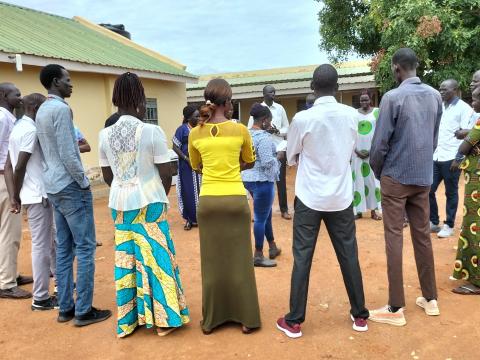
How often do we truly listen to our children? Do we realize children can cope with their own situation when properly guided through psychosocial support?
It is believed that even young children are experts about their lives when they are engaged in activities that make them not only enjoy but reflect on their personal lives and behaviors in the family, schools, and their communities.
Their opinions and observations can give adults vital information to improve relationships between parents, caregivers and children, and to guide and shape community services.
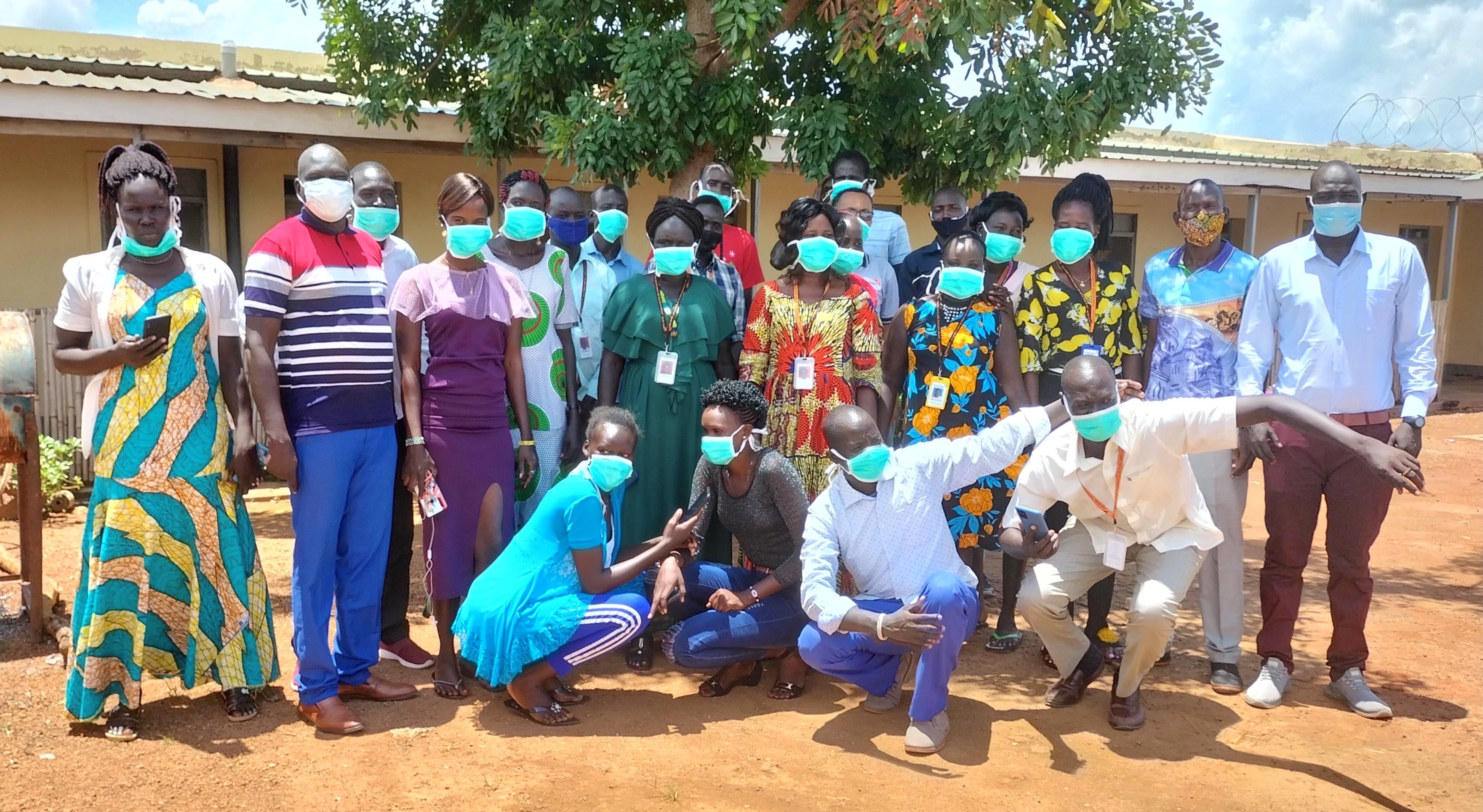
Psychosocial support (PSS) encourages staffs and care-givers to learn about young children’s experiences and views, and encourages children to express themselves naturally through games and stories.
By improving communication and engagement, it creates a dialogue between adults and vulnerable young children in need of services or a hand to hold.
World Vision uses child-friendly spaces established both at community level and learning spaces like schools to engage children in activities that positively impact their lives through the guidance of child protection practitioners and social workers.
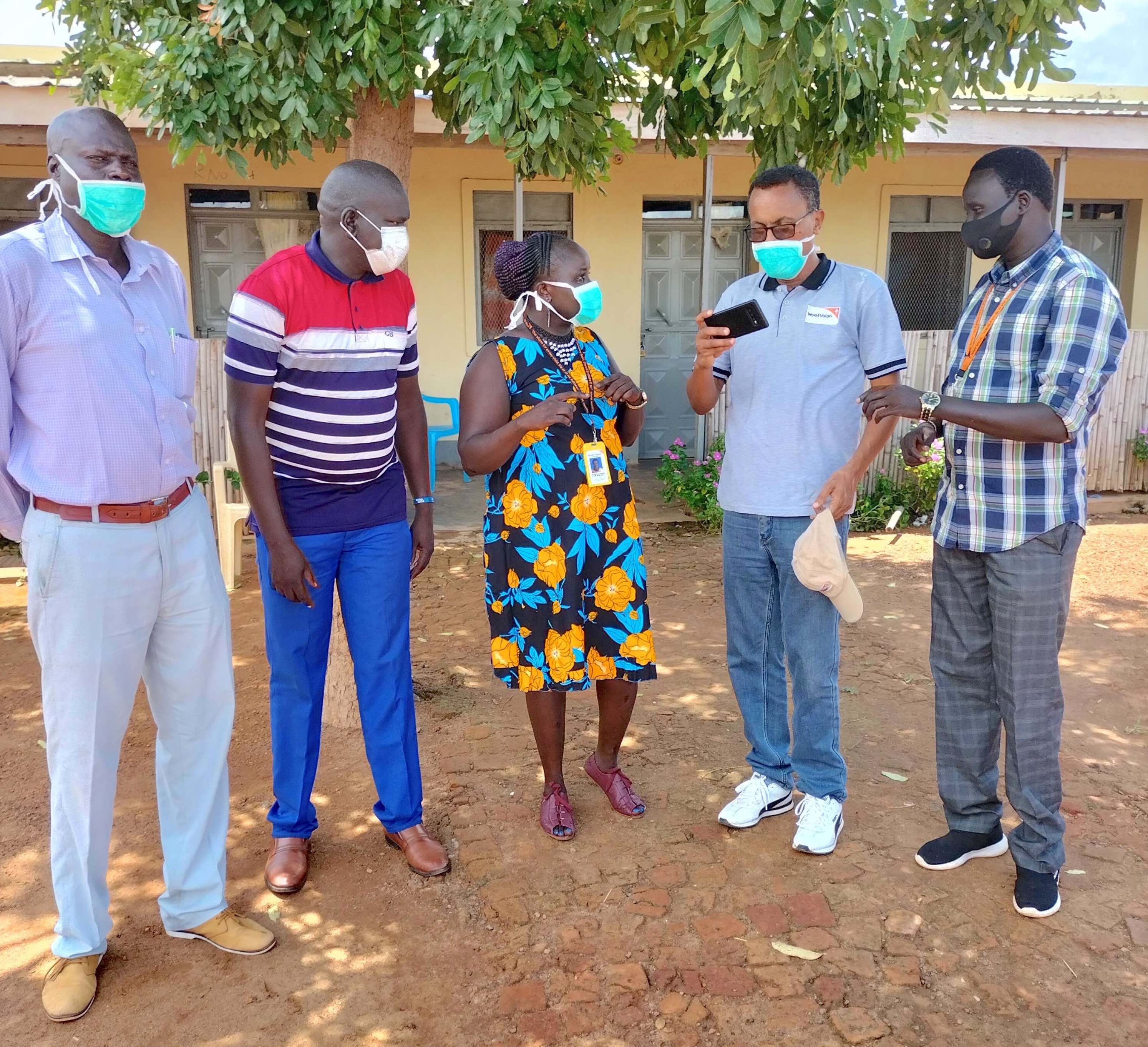
To keep improving these children’s spaces, a 5-day-intensive training was conducted on provision of basic and focused PSS for distressed children and their caregivers from 7-11 September 2021 in Kuajok Country participated by staff members coming from Greater Tonj (East, South, and North).
A total of 26 participants, 11 of them women, attended the training composed of child protection animators and officers, social workers and case supervisors.
Play is the foundation of learning, creativity, self-expression, and constructive problem-solving. It is how children wrestle with life to make it meaningful.
The training impacted deep knowledge on how to engage children actively in PSS activities as noted by one of the participants, “ I feel better and happy that my knowledge and skills in playing with children have increased from 40 to 80 percent.”
Participants noted the following ideas to take into their areas of responsibility:
- initiate activities that do not make children bored
- work with families and caregivers for better support
- strengthen coordination with other people and organizations who deal with children
- improve reporting mechanisms when a child with PSS distress is identified
- and promote a better understanding of the underlying constraints and barriers that exist both at schools and community level.
“The problem is, we do not know how to play with children. Sometimes we make them do things according to our interest and you see them not participating actively. I am happy that I can take what I learned from here to my area of work”, says one of the social workers.
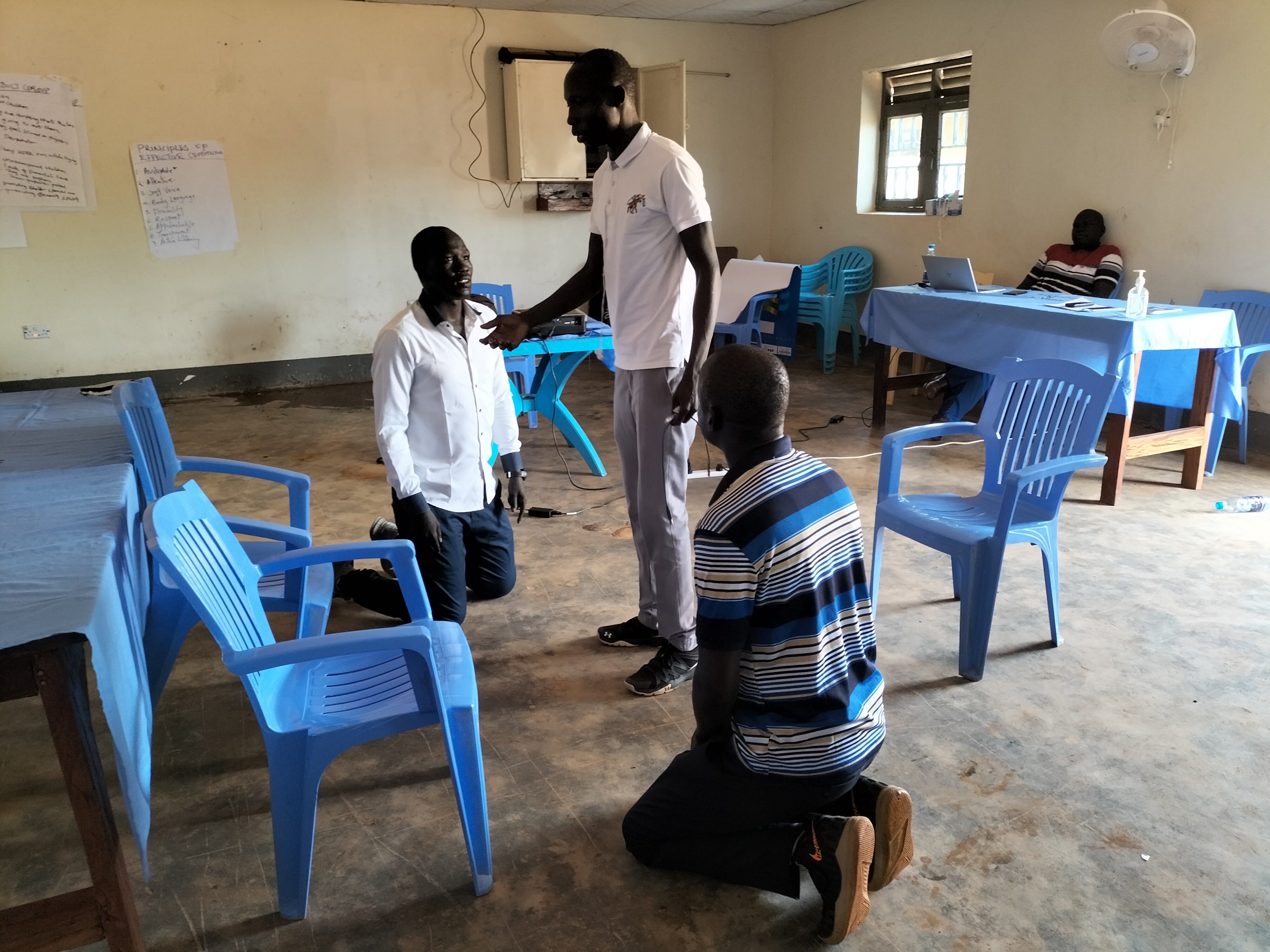
“I am excited that I will work with parents and caregivers without apprehension. Now I know the technique of talking to them even if they are busy. I can help change the mindset of children to use play as means of learning about life skills when in distress”, says a case supervisor.
One animator adds, “In my center, children like to play a lot. They come as early as six in the morning. This is an opportunity for me to engage them in PSS activities before the sun gets hot. With my new skills, my goal is for parents to bring and participate with their children.”
Hailu Badhane, World Vision’s Zonal Programme Manager, encouraged the staff to work for a lasting impact that goes beyond evaluation reports. This means any activities that World Vision do should not look at a short term but a long term positive effect for children.
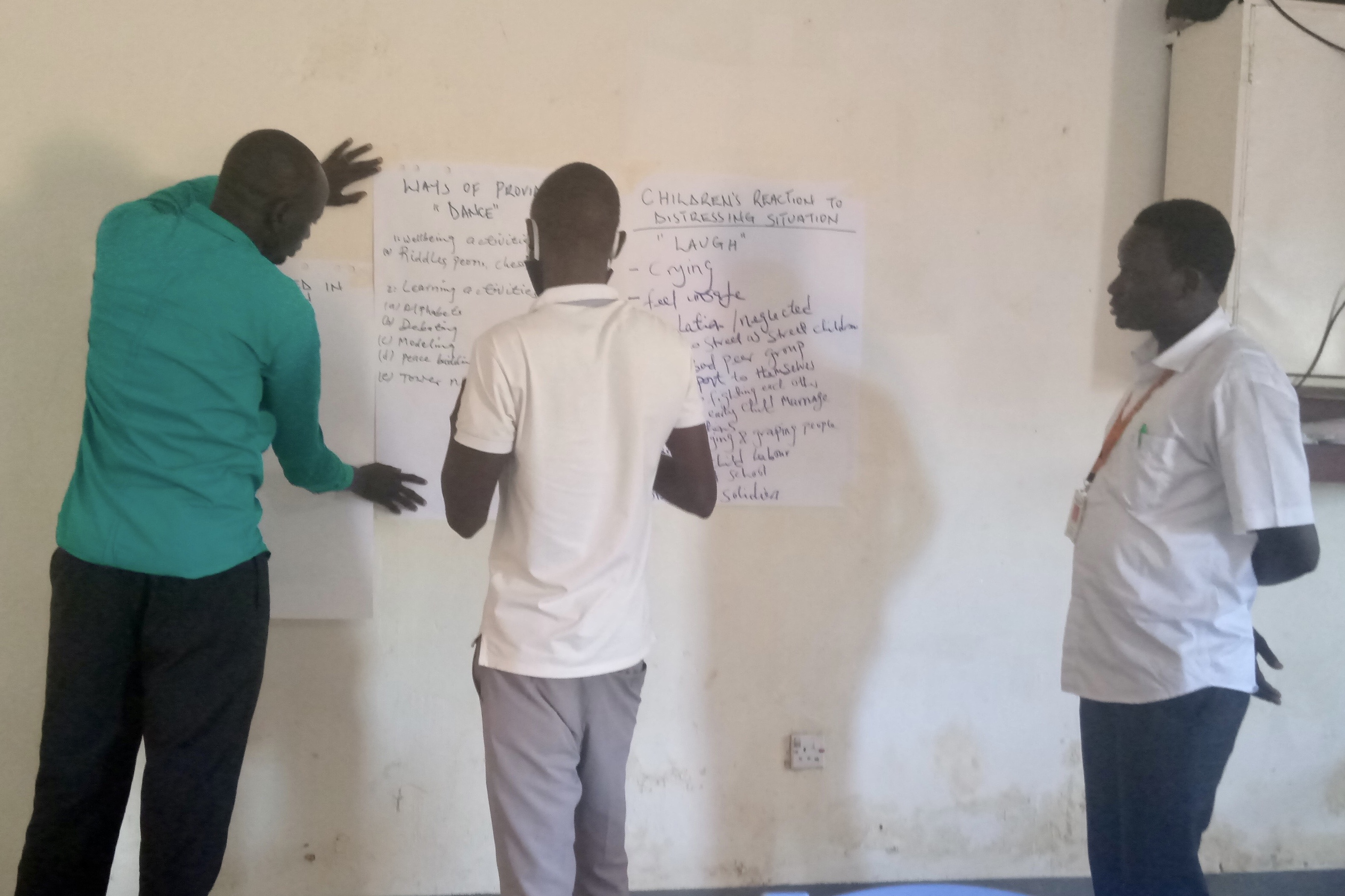
“That is why it is very important to work with community-based structures and family support systems because, in the end, the children live within the family and community. Think about lasting impact. Do you want to see some changes in those children?”, Badhane says.
Child growth should be compared to a plant catered for by a farmer through weeding, applying fertilizers and pesticides to yield much fruits. In the same way, for children to grow healthy, they need good parental care and protected against distress, in the same way a farmer removes the pests.
Our duty and responsibility as adults are to play with our children. Just as Susan Linn, an American psychologist says, “Play is the foundation of learning, creativity, self-expression, and constructive problem-solving. It is how children wrestle with life to make it meaningful”.
Related story: Health workers join campaign on child protection and safeguarding
By Betty Adong, Advocacy and Protection Manager